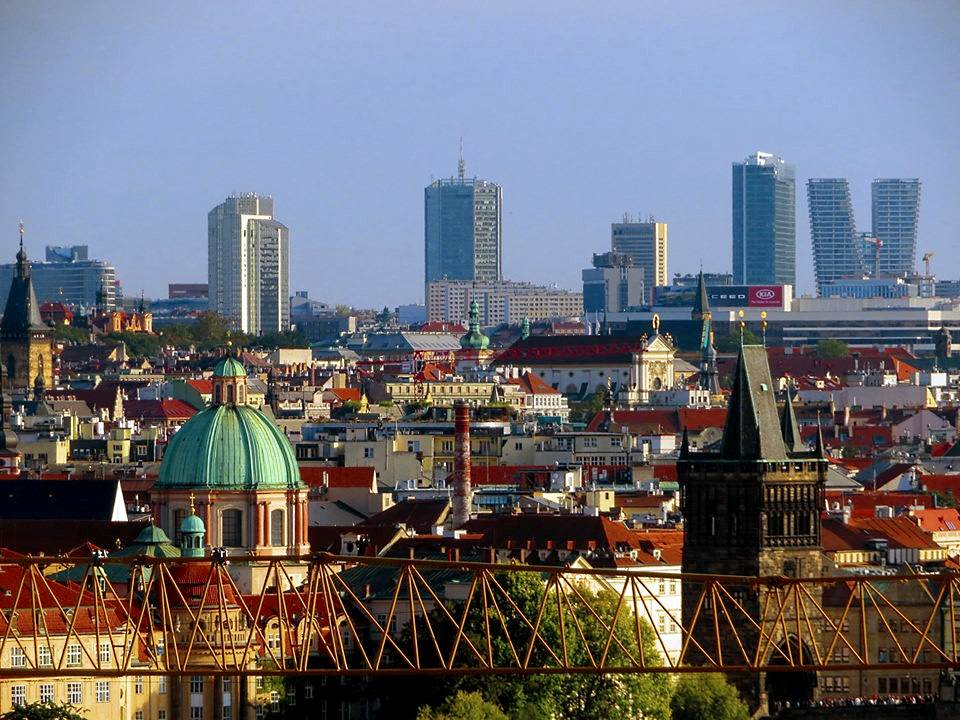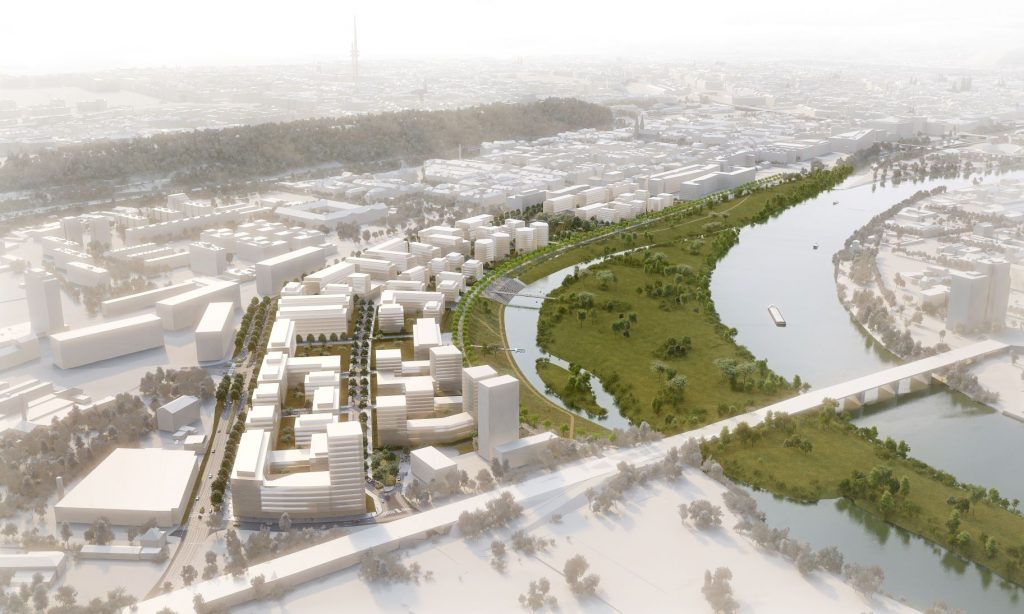Rents in Prague are rising fastest in housing projects, according to an analysis by Deloitte covering the past five years.
In
the period under review, rental prices responded with
a slight delay to the rise in selling prices of owner-occupied
dwellings, both in the segment of new buildings and the resale of
older apartments.
Overall, the average
rent per square meter between 2014 and 2018 increased by 94 CZK from
213 CZK in the first half of 2014 to 307 CZK in the first half of
2019. The average rents in Prague grew at an annual rate of 7.3%. The
largest increase in rental prices was recorded in 2017, when the
price level in Prague increased by 12.5%.
“This data shows
how all processes in the city are intertwined. Low supply and
regulation on the banking market generates increased demand for
rental housing, and this situation affects the whole city. It is
necessary to work intensively on adding the necessary number of flats
by both private investors and the city in order to expand the offer
of rental housing,” Deputy Mayor Petr Hlaváček (United Force for
Prague), responsible for territorial development, said on the City
Hall website.
The analysis shows
that the absolute level of rents, which was in 2014 only in the very
center of the city, has spread over the whole Prague over five years,
meaning the inhabitants of Háj or Kamýk now pay the same rent as
the residents of Prague’s New Town district at the end of 2014
The four cadastral
districts with the highest average rent per square meter are Josefov,
Malá Strana, Old Town, and New Town. In the first half of 2019,
average rents here amounted to 424 CZK, 418 CZK, 386 CZK, and 372 CZK
per square meter, respectively.

On the other hand, the marginal districts of Prague, such as Šeberov, Benice, and Kolovraty are the cheapest, where the average rent in the first half of 2019 was around 200 CZK per square meter, City Hall stated in a press release.
A comparison of the
growth of rental prices of modern housing projects and apartment
buildings, and heterogeneous developments showed a similar growth
trend in rent development, despite the differences in price levels of
individual locations.
However, a more
detailed survey shows that the level of rental prices in housing
projects grew faster in 2017 and 2018, while in apartment buildings
and heterogeneous locations it was earlier. “It is therefore clear
that the rise in the selling prices of flats has, with some delay, an
obvious impact on the growth of rents across Prague. The increase in
rent levels has a significant impact on all modern housing projects,
including those where new construction is almost non-existent,”
City Hall stated.

An analysis of
factors affecting the amount of rent and the rate of its growth
showed that the number and share of new dwellings is associated with
a higher pulse of rent growth and its higher level. The proximity of
parks and undeveloped farmland affects only the total rent, and
ultimately the growing localities have a positive effect on the total
rent, but the rent growth was lower. The proximity of metro stations
is an important factor affecting the rent.
Another resent reports showed that housing prices in Prague were rising faster than rents, making it difficult for some landlords to make a profit.
Several large developments in Prague are taking place in Karlín,Smíchov, Nové Butovice, and Bubny-Zátory, but will not be on the market for some time. Developers have long criticized the amount of red tape required to start a new development.
At the same time, the amount of high-rise development has raised questions over Prague’s status as a UNESCO World Heritage Site.












 Reading time: 3 minutes
Reading time: 3 minutes 
























